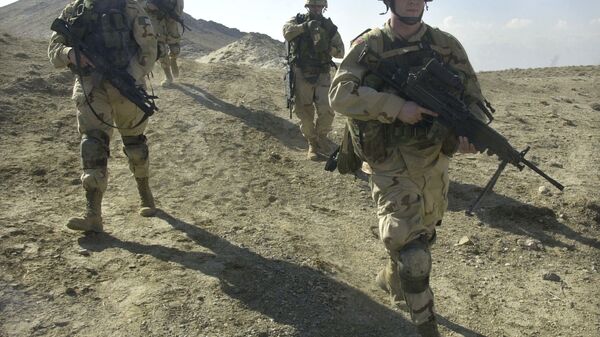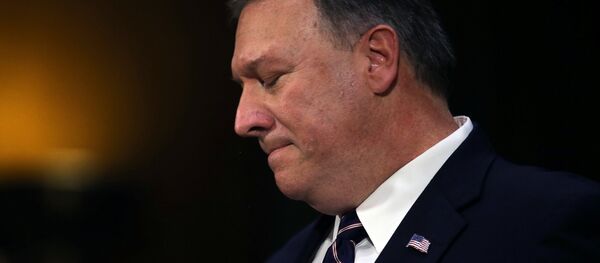"Anybody who is familiar with the history of Afghanistan knows that other nations have always fought on our territory…. For this reason, Afghanistan has never been a prosperous country. The history has shown that the longer foreign troops are present in Afghanistan, the longer the war persists. Our people will always fight for their independence," the politician said.
READ MORE: Two US Citizens Wounded in Shooting at Afghan-NATO Meeting — Reports
Khan stressed that the only way to end the conflict was "national conciliation," with the government elected by the people and not appointed from the outside.
"Other states should not interfere in our political processes," the politician added.
Commenting on the opinion, previously voiced by several Afghan politicians, that Kabul would not be able to achieve stability in the country without help from world powers such as the United States or Russia, Khan said that he did not fully share this view.
"I can't say I agree completely. The war is waged between Afghans and it is Afghans who get killed. Also, we see that the United States maintains a presence here and Russia does not like it. Both countries can put an end to the bloodshed if they want to, but this war is not theirs. A certain role also belongs to Pakistan, which trains militants and sends them directly to Afghanistan," Khan said.
In August 2003, NATO assumed command and gradually expanded the mission's reach to around 50,000 troops across Afghanistan. The alliance withdrew its combat contingent in 2014, replacing it with a non-combat Resolute Support Mission to support the Afghan security forces and institutions. There are about 16,000 NATO troops in the mission.
READ MORE: US Special Envoy on Afghanistan Meets With Taliban Officials in Doha — Report
Afghanistan has for decades been a conflict zone, with the government fighting various extremist and terrorist groups. The situation has been exacerbated over the past years after the Khorasan branch of the Daesh* terrorist group, banned in Russia) established a foothold in the country.
Views and opinions expressed in the article are those of Mohammad Ismail Khan and do not necessarily reflect those of Sputnik.
*Daesh (also known as IS/ISIL/ISIS/Islamic State) is a terror group banned in Russia




